Tableau Conference 2025 | Know Before You Go
If you’re a data enthusiast, analytics professional, or just someone curious about Tableau’s latest innovations, the Tableau Conference 2025 is your...
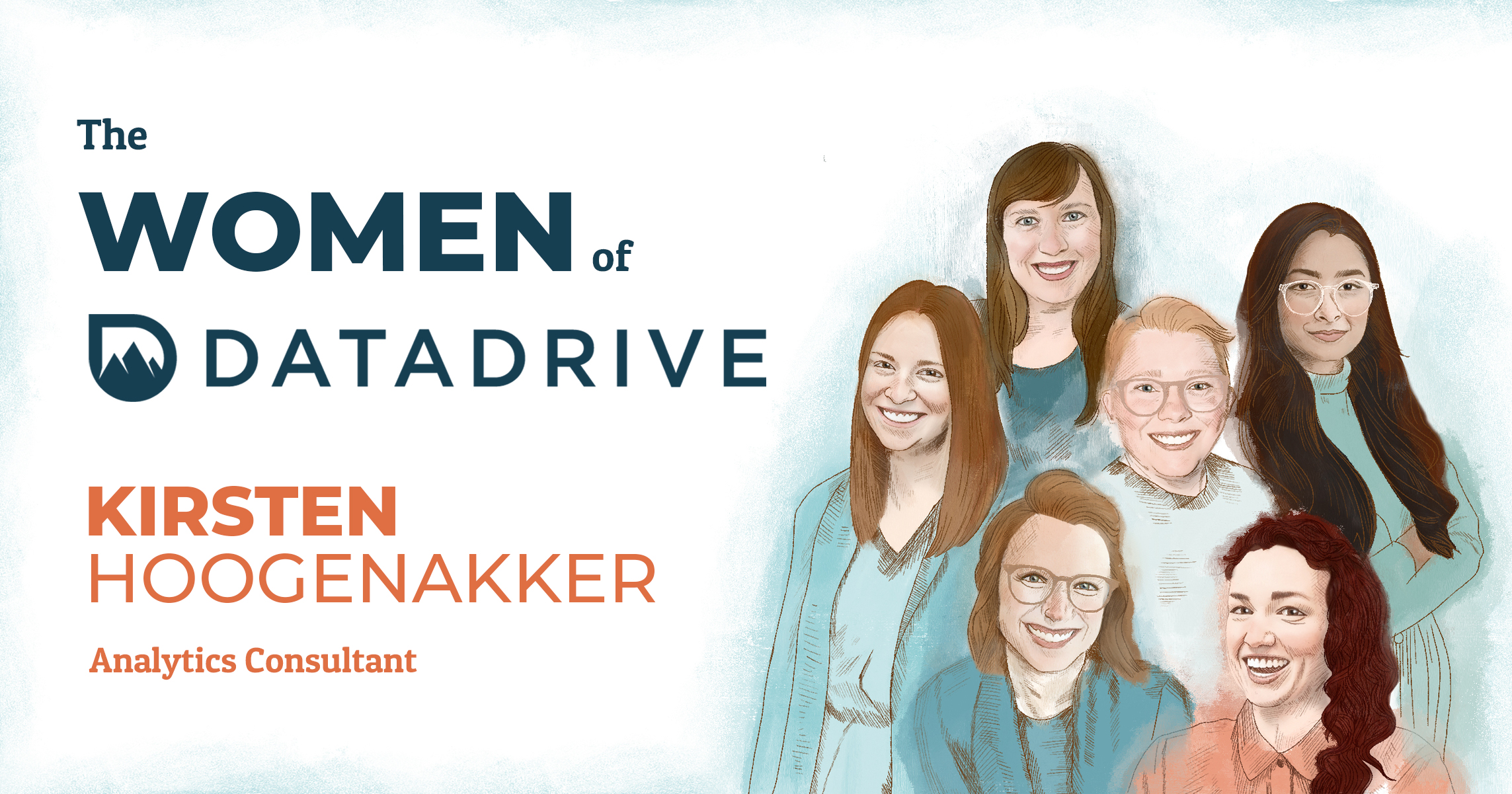
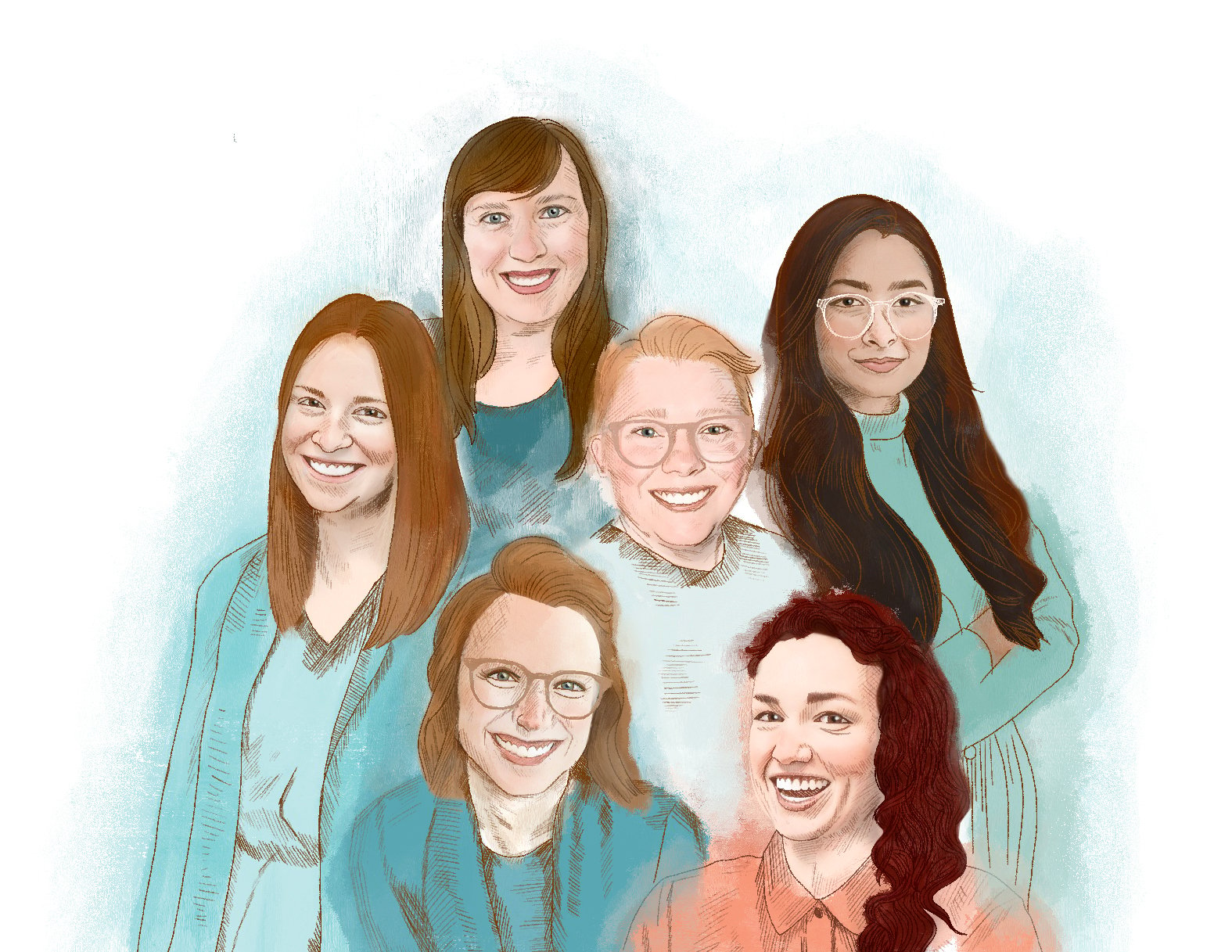
Kirsten Hoogenakker is one of DataDrive’s latest and greatest Analytics Consultants- she's coming to the close of her first week with us. Welcome to the team, Kirsten!
Kirsten began her STEM journey in high school. She was a member of the Math Team and Science Olympiad, but found that there weren’t opportunities specific to technology at her small school. She also notes there was a total lack of programs seeking to boost participation and inclusion for underrepresented and marginalized groups. She began college as a Chemical Engineering Major, but found a more supportive community in the Biochemistry Program. Her sophomore year, she made a change to the College of Biological Sciences and found a group of eager peers committed to collaboration and inclusion. Seeking a supportive community has been a repetitive theme in Kirsten’s STEM experience- when facing a competitive program that lacked collaboration and left her feeling alone and without the resources to ask for help, she found a program that welcomed her enthusiastically. As a professional seeking groups of like-minded individuals and a community of support, she states she has “sought out groups that build me up and let go of groups and experiences that do not”.
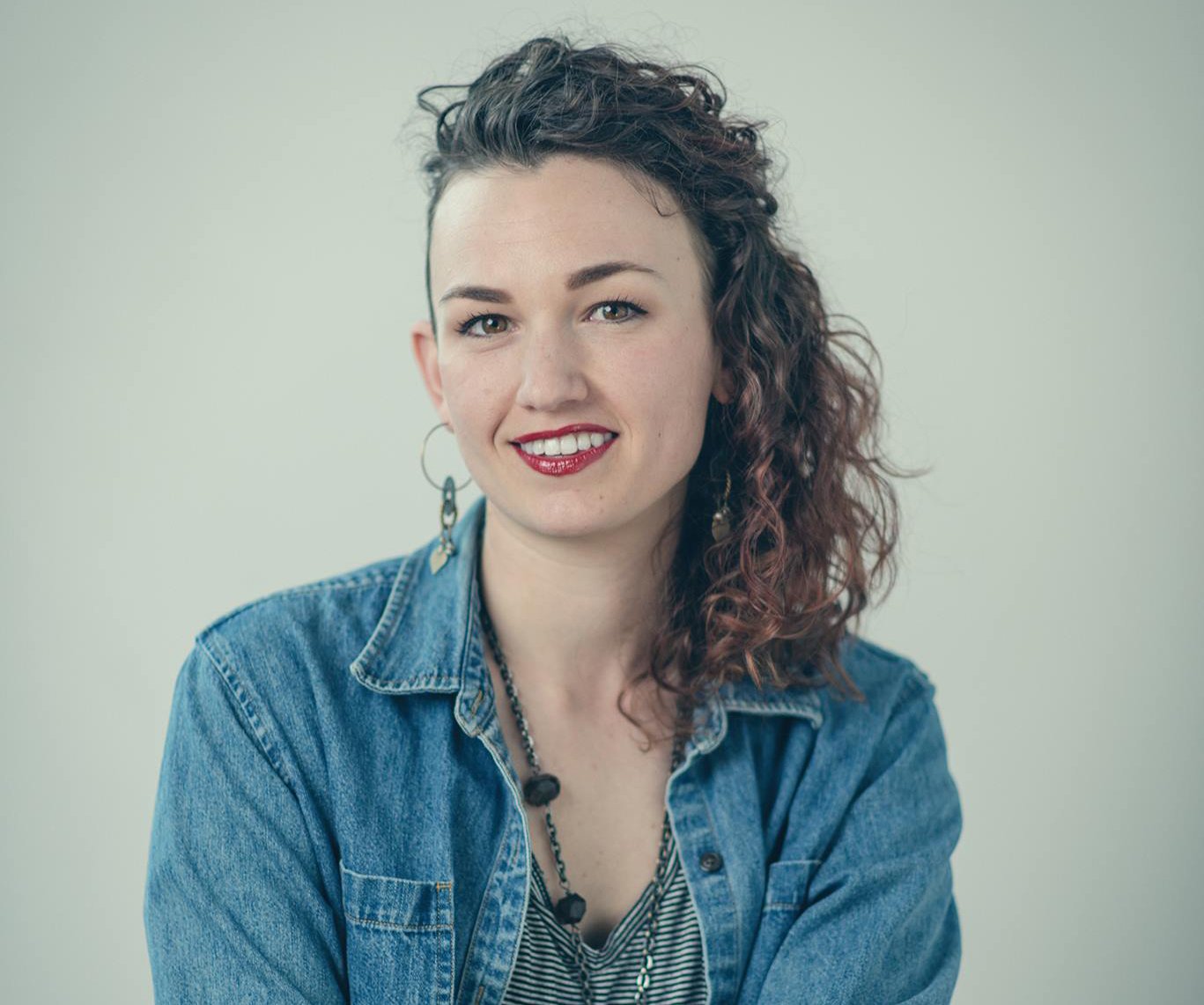
Kirsten graduated from the University of Minnesota Twin Cities with a Bachelor's of Science in Biochemistry. She went on to receive her Master of Arts in STEM Education from The University of Saint Thomas. Her experience in STEM is diverse. She’s held a variety of positions in schools within the Twin Cities, working as a Chemistry Substitute Teacher, as a Department Chair and Biomedical and Engineering Science Teacher, and then moving to work as a Design and Innovation Specialist within Saint Paul Academy and Summit School. From there, she explored a role as a developer working with UX/UI and THEN founded a small business as a Data Scientist… Nerd.
These diverse experiences are a testament to Kirsten’s commitment to continuous learning. She used to be intimidated by technology, hardware, and computers- now she’s a data scientist working on the cutting edge of machine learning and data visualizations. She is ardently committed to answering tough questions, and that’s one of the things we like most about her.
In her first week at DataDrive, our team has learned about Kirsten's work to push forward social equity in the Twin Cities, and it's already making a positive impact in our discussions of anti-racism. As a teacher, Kirsten was focused on social equality in the classroom and used her position to lift up students that may not have a seat at the table (yet). After the murder of George Floyd, she elevated her activism even further and volunteered at the Trinity Lutheran and MCAD (Now CANMN) Community Food Distributions. She also assists in building up the community in shelter camps, and has spent time listening and learning about the perspective of people living without shelter in our community. She's also a member of the TacoCat Racing team, whose mission is to improve inclusivity in racing bikes!
It's only taken a few days to realize that Kirsten truly walks the walk. When she says she's a lifelong learner, she means it. If she sees a problem, she's committed to tackling it head-on. As she continues onboarding with DataDrive, she's digging deeper into Tableau without hesitation. She is already busting out Work Out Wednesdays to skill up on Tableau, she is doing Tableau eLearning training, and is asking the Eight Questions of how to maximize dashboard design for a great user experience.
We are so excited to have Kirsten on the team, and to learn and grow with her!
-1.png?width=900&name=image%20(4)-1.png)
What inspired you to go into tech?
I think tech found me. I have always had a growth mindset and a desire to learn new things. When an opportunity knocked on the door to teach robotics I jumped on board. I had never built a robot in my life, but knew I could learn the mechanical pieces. While I was nervous at first to learn programming, it quickly became my favorite skill to work on. There is always something new to learn, a new technology, new library, new tool. I think that’s where the inspiration comes in - unlimited opportunity for growth.
Do you have any resources for young people interested in tech?
There are so many opportunities to get your tech on! Most schools these days have robotics programs that are a great jumpstart to continual growth in tech. Locally, there are some really awesome programs to get the youth involved. I think confidence and imagination are a great start to a successful career in tech. Programs like Leonardo’s Basement or Destination Imagination are great foundations. GirlsWhoCode is another great opportunity for young people to explore tech and close the gender gap in computer science. There are also so many free online learning opportunities now that are really low risk to try out different languages.
Do you feel supported by your community?
I do feel supported by my community, but I’ve also sought out groups that build me up and let go of groups and experiences that do not. We have some amazing support in the Twin Cities to support women in tech from meetups to conferences to state run initiatives for women-owned businesses.
How do you feel about the accessibility of tech? Do you think it’s truly a field for anyone?
I absolutely believe it’s a field for anyone regardless of background, even if the industry isn’t reflecting those demographics yet. I think, and hope, as we culturally question how race, sexuality, gender, ability, and age play a role in ethical design that we also see an increase in diversity of who is creating tech products.
Why is inclusivity important in tech?
Tech products are limited by the minds that create them. I’ll give you three examples where more inclusivity in design for technology would’ve been helpful.
The more diversity and inclusion from start to finish in a product, the stronger the final product will be and the greater number of end-users will be happy with the product. It’s a win-win for everyone involved.
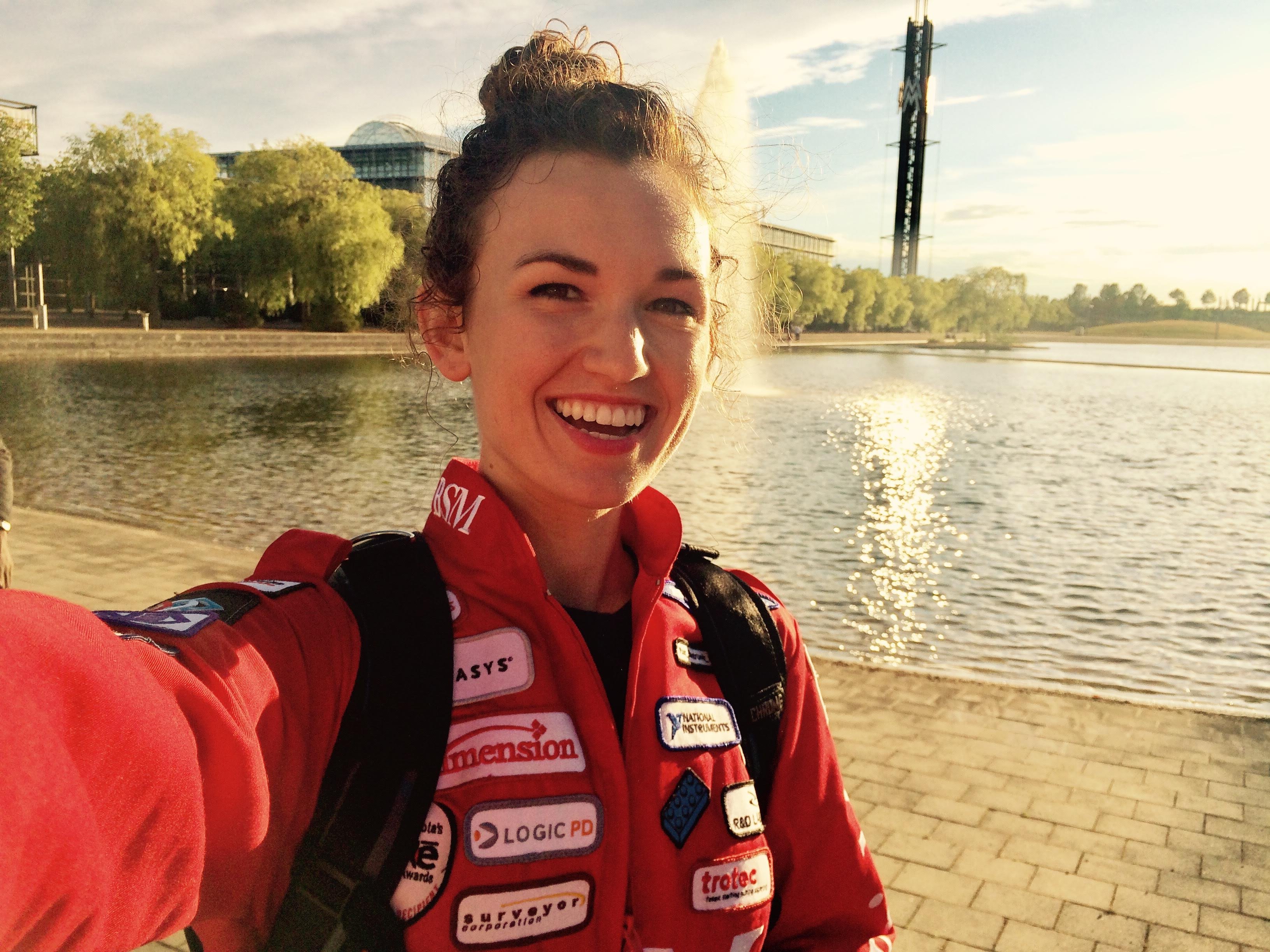
"I’ll keep it local to the Twin Cities for this one. Elizabeth Adams is an Ethical AI expert who helped reshape the city of Minneapolis biased facial recognition algorithms. She focuses on Human Centered Design in her work and inspires me to think beyond the algorithm. What are the broader implications? Are there biases or blindspots that the programmers or analysts, like myself, might’ve missed? How are my inherent biases affecting the outcome of my product? How might I have an impact on the tech that I am building out to make the world a better place for underrepresented groups?
I’ve also been involved with a couple of Meetup groups focused on women in tech - Women in Machine Learning and Data Science Minneapolis Chapter and She Talks Data - which are both organized by some inspiring women in the Twin Cities. I love how both groups acknowledge the hurdles to women working in data and provide insights, training, book clubs, and research groups to help me be a better, more confident leader in the field."
-2.gif)
If you’re a data enthusiast, analytics professional, or just someone curious about Tableau’s latest innovations, the Tableau Conference 2025 is your...
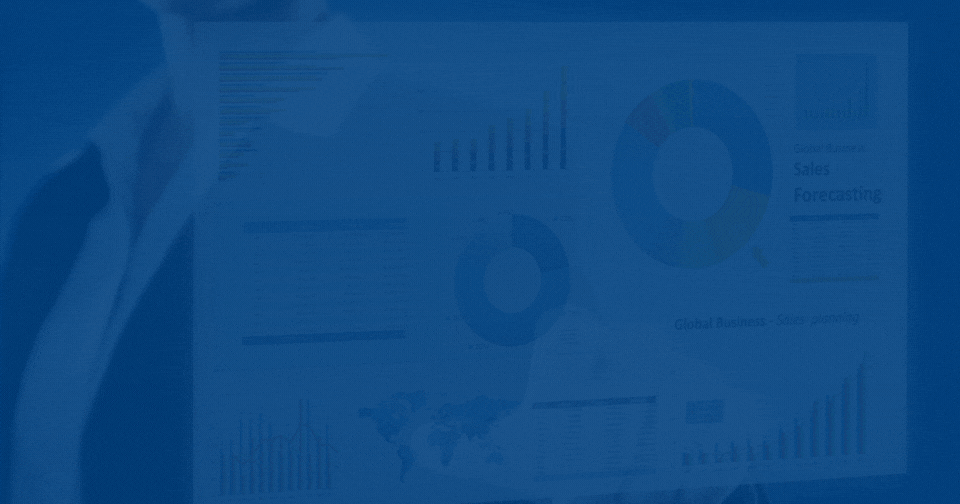
Tableau Plus is the new premium offering from Tableau, a leading data visualization and business intelligence platform. It builds upon the...
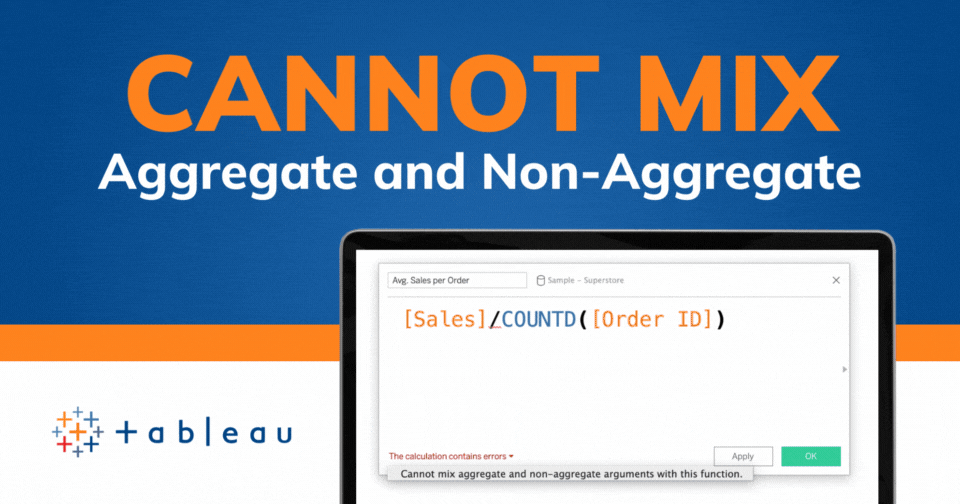
If you've spent any time working with Tableau, you've likely encountered the dreaded "Cannot Mix Aggregate and Non-Aggregate Arguments" error. It's a...